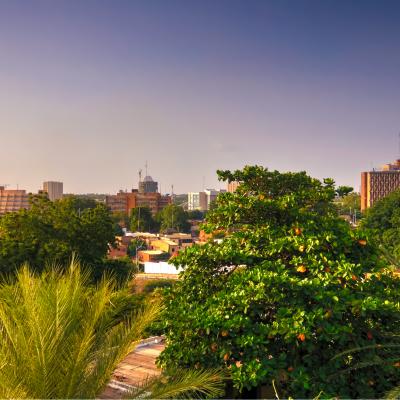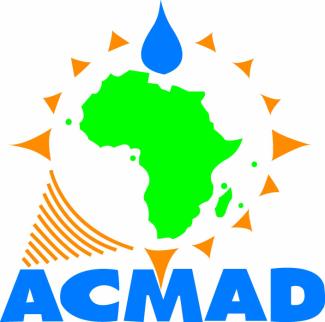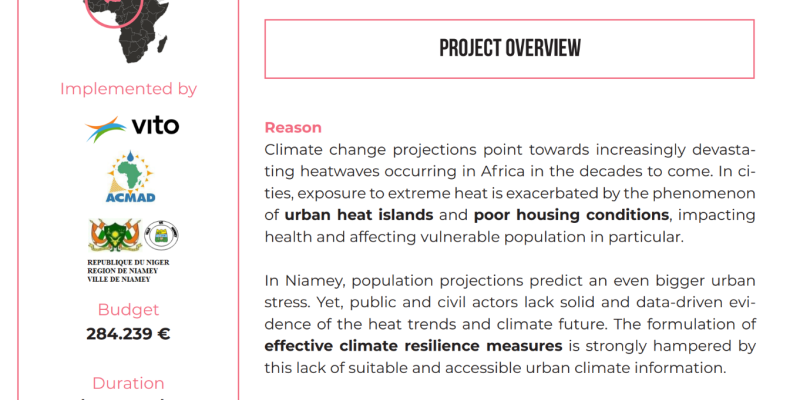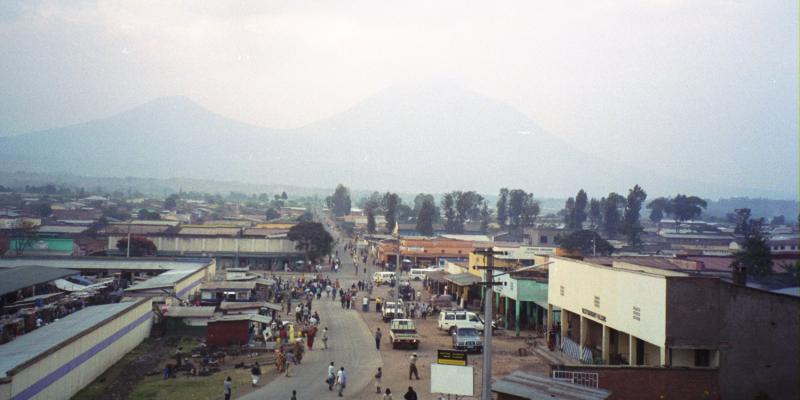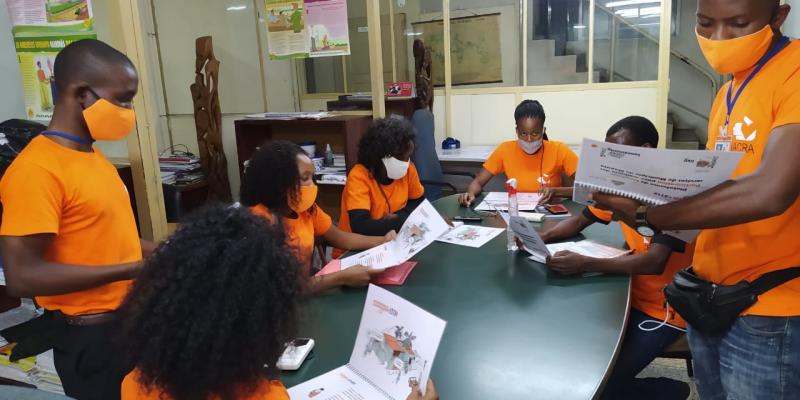Climate change projections point towards increasingly devastating heatwaves occurring in Africa in the decades to come. In cities, exposure to extreme heat is exacerbated by the phenomenon of urban heat islands and poor housing conditions, impacting health and affecting vulnerable population in particular. In Niamey, population projections predict an even bigger urban stress. Yet, public and civil actors lack solid and data-driven evidence of the heat trends and climate future. The formulation of effective climate resilience measures is strongly hampered by this lack of suitable and accessible urban climate information.
The objective of u-CLIP was to meet this data need in the urban agglomeration of Niamey in order to increase awareness with respect to the projected impacts of climate change on future extreme urban heat stress, and to highlight the need for early-stage and structural mitigation measures. The project also intended to support the formulation of adequate resilience measures by policy makers and other stakeholders. To reach its ambition, u-CLIP has organised several measurement campaigns and has developed a web-based (and soon cloudbased) open data urban climate change information (u-CLIP) platform for Niamey.
The project dedicated the first part of the project to users and users’ needs identification: mainly citizens, Civil Society Organisations (CSO), local authorities. Subsequently, it organised participatory data collection exercises in 5 districts of Niamey, closely involving and mobilising citizens, students, CSOs, local leaders and young environmentalists. These measurement campaigns of thermal stress used wet bulb globe temperature (WBGT) measurement devices. These campaigns included, among others, comparative measures between sun-exposed and tree shadow areas with the aim of producing evidence of tree planting as an adaptative measure. The data fed the urban climate information platform, using the GeoDynamix (urban growth scenarios) and UrbClim (urban climate) software. The platform itself was designed based on the users’ requirements, using the GeoView software. The idea was to keep the platform accessible, as to allow diverse levels of actors to consult and interpret the data.
An urban climate information platform, providing future projections of the spatial layout of the City of Niamey, has been created.
An urban climate resilience plan, with 10 recommendations, will be validated
